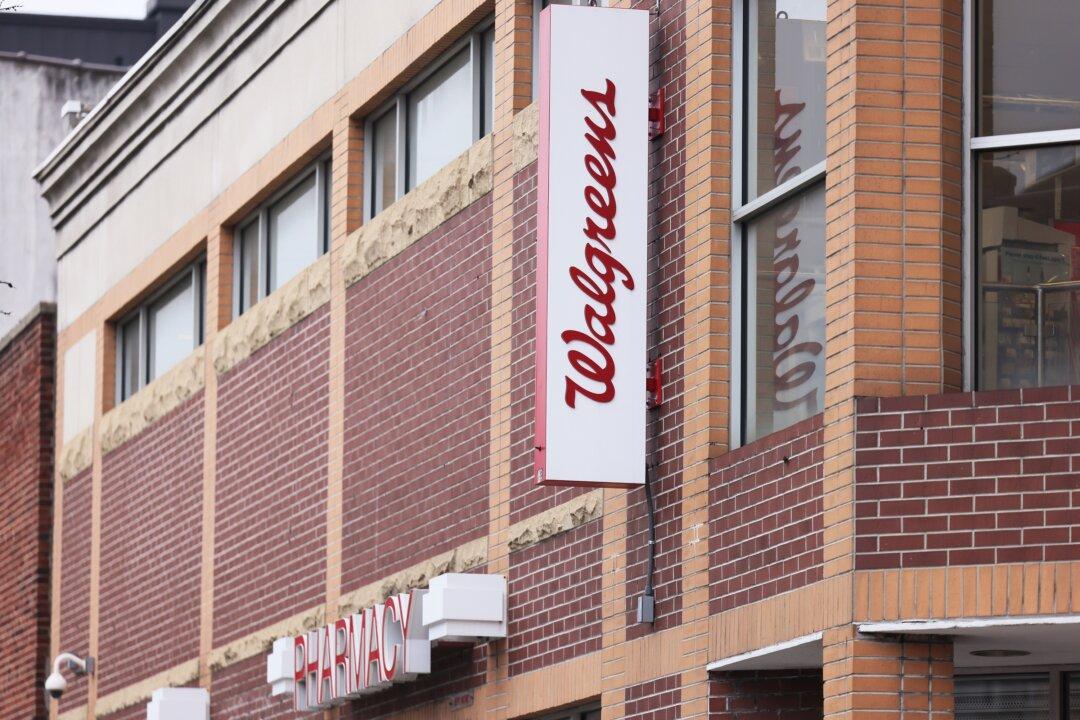House Oversight Chair James Comer (R-Ky.) sent a letter on Thursday to the U.S. State Department demanding records and a briefing by the agency regarding its alleged funding of a “disinformation tracking group” that is blacklisting conservative-leaning news outlets.
The letter (pdf) cites as evidence the Washington Examiner’s series of investigative reports uncovering the State Department’s alleged partnership with activist organizations, specifically one “foreign organization,” to “suppress lawful speech and defund disfavored news outlets under the guise of combatting disinformation.”




